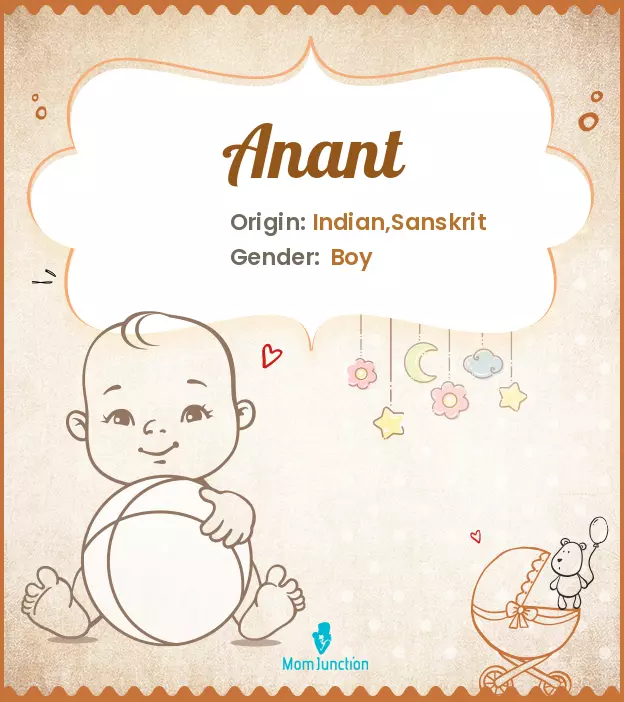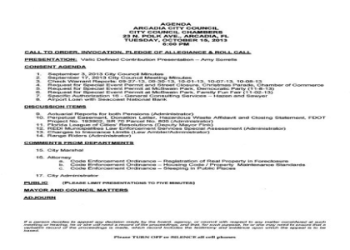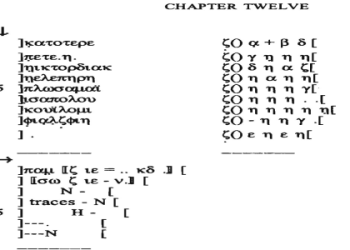Okay, so the other day I was working on this project where I needed to figure out if a name was typically male or female. And this name, “Anant,” kept popping up. I was like, “Is Anant a female name? Hmm…”
My Little Investigation
First, I hit up some baby name websites. You know, the ones that give you the meaning and origin of names. I typed in “Anant” and started digging.
It turns out Anant is primarily a male name, often found in Indian cultures. The meaning is something like “infinite” or “endless,” which is pretty cool. But, like, that didn’t definitively tell me it couldn’t be a female name, right?

So, I moved on to some forums and discussion boards. I figured I’d see what real people had to say. I scrolled through a bunch of threads, and most folks were saying, “Yeah, Anant is usually a boy’s name.” A few people mentioned knowing women named Ananta, but, that ‘a’ at the end felt different.
Checking Out Some Data
I decided to get a little more serious. I found some datasets of names, mostly from government sources and stuff. And, wouldn’t you know it, “Anant” overwhelmingly showed up as a male name. There were very, VERY few instances of it being listed as female.
The Conclusion
After all that searching and reading, I came to the conclusion that “Anant” is almost always a male name. Could it be used for a girl? I guess, technically, sure. Names are pretty flexible these days. But, traditionally and statistically, it’s a boy’s name. My research showed that, most of the time, it’s for males.













